Most private equity firms hold their portfolio companies for 3 to 6 years and then sell them.
The typical way to do it would be to run a “dual track” process, in which the PE firm is simultaneously exploring potential IPO or sale and chooses the option maximising the return on the initial investment.
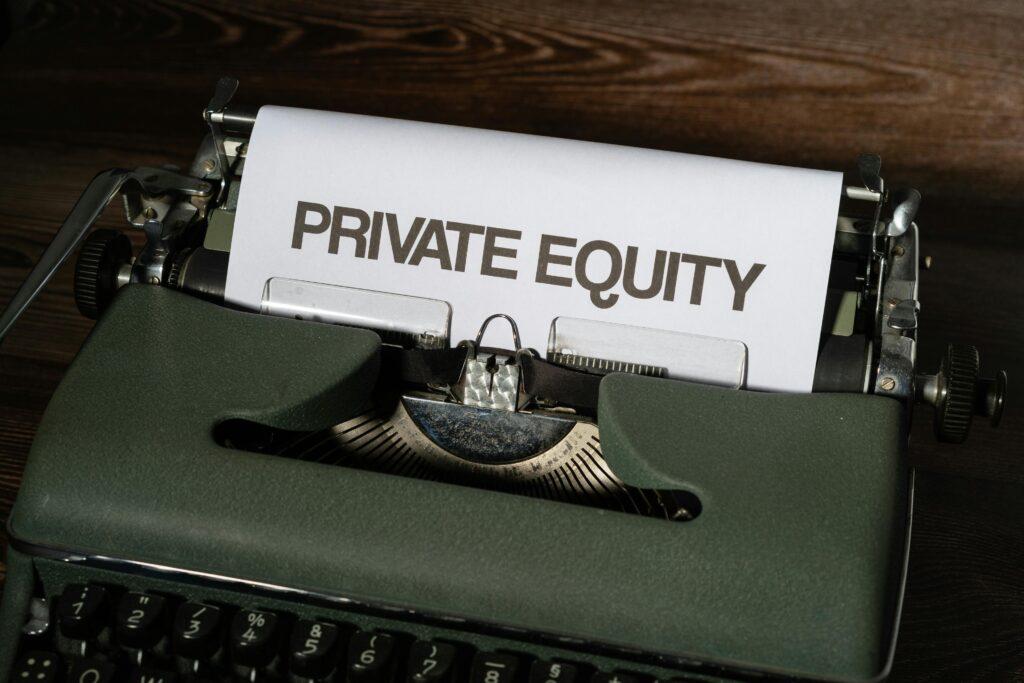
According to the Bain & Company annual private equity report, around half of the $3.2 trillion assets owned by private equity should be in the window of being sold. However, due to a combination of market factors, this is not the case.
High volatility makes it difficult to predict market conditions on the day of a potential IPO, and higher interest rates have made investors wary of high-growth businesses, preferring instead tested businesses with a track record of returning cash to shareholders.
Those factors have rendered IPO exits unpopular among private equity firms.
The dealmaking activity has not fared much better with a 15% YoY value decrease, and that is compared to an already weak 2022.
RELATED The Rise of Sport-Related M&A and Private Equity Deals
With the value of companies sold to other PE funds, falling 47% last year, the divestiture among industry peers is also unlikely. Those factors have led to the current backlog in the private equity pipeline.
Bain & Company report predicts it will take at least the next 3 years for the situation to normalise.
As a result, private equity firms are forced to hold onto their investments, risk troubled IPOs or sell at a reduced valuation.
Cinven, EQT and Silver Lake are only the biggest private equity firms which decided to take private companies they have offloaded in an IPO, no longer than a few months before.
Why do the PE funds just not weather the storm and hold onto their assets? The answer is liquidity, or rather, the lack thereof.
Investors are unwilling to commit additional funds before seeing returns from previous projects, and high interest rates make borrowing expensive, PE funds’ cash reserves were overstretched by the need to prop up portfolio companies in difficult market conditions.
RELATED Applications of Mathematics in Finance
Depending on the fund’s strategy it may be more beneficial to realise a lower return rather than hold onto assets and then use the proceeds to invest in new targets at a discounted entry price.
However, there are signs of private equity IPO activity coming back.
CVC Capital Partners group announced their portfolio company Douglas, a beauty products retailer, will be listed on the Frankfurt Stock Exchange at an approximate valuation of €6bn.
Recently, we also saw cases of sales to other PE firms, when Veritas Capital, traded its stake in software company Cotiviti with KKR at a valuation of $11bn.
With the markets anticipating interest rate cuts, the deal flow and IPO pipeline should gradually improve, which would allow private equity funds to offload their assets.
To get in contact with feedback on this article please email us at publishing@krugmaninsights.com






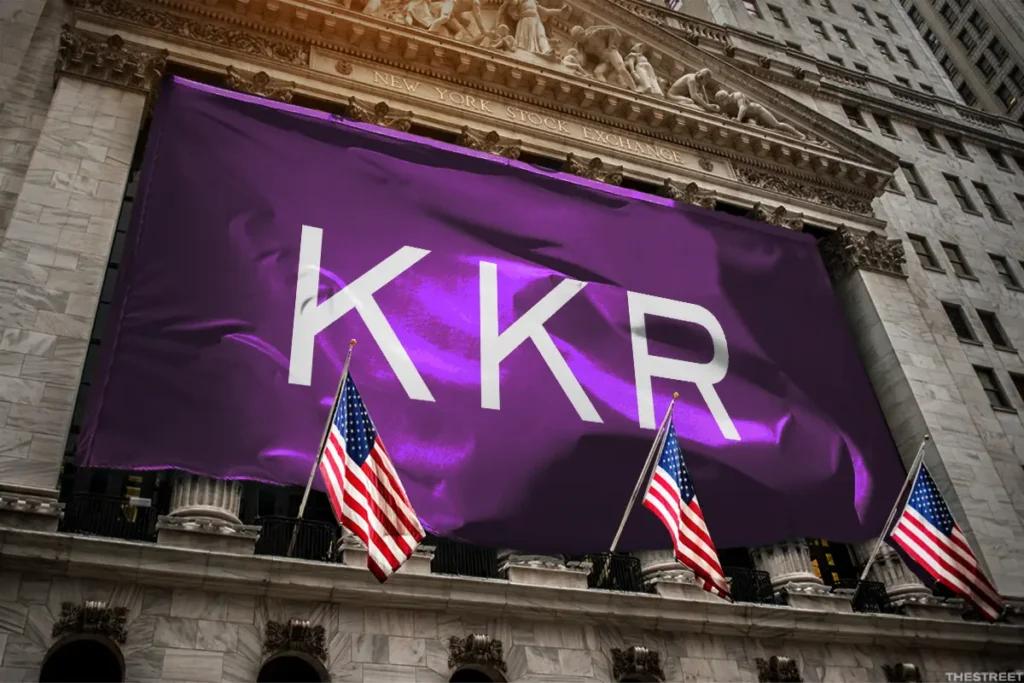
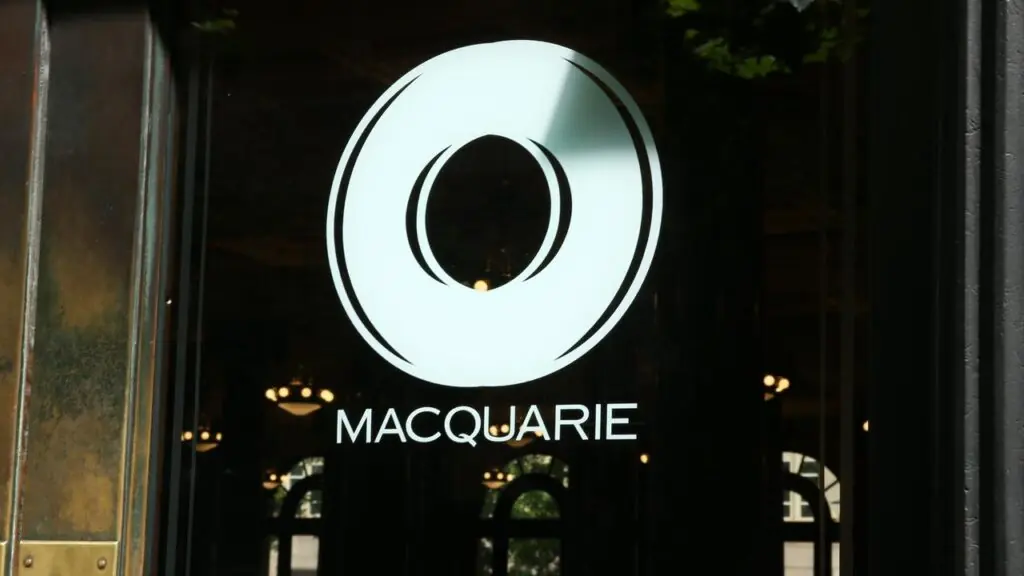

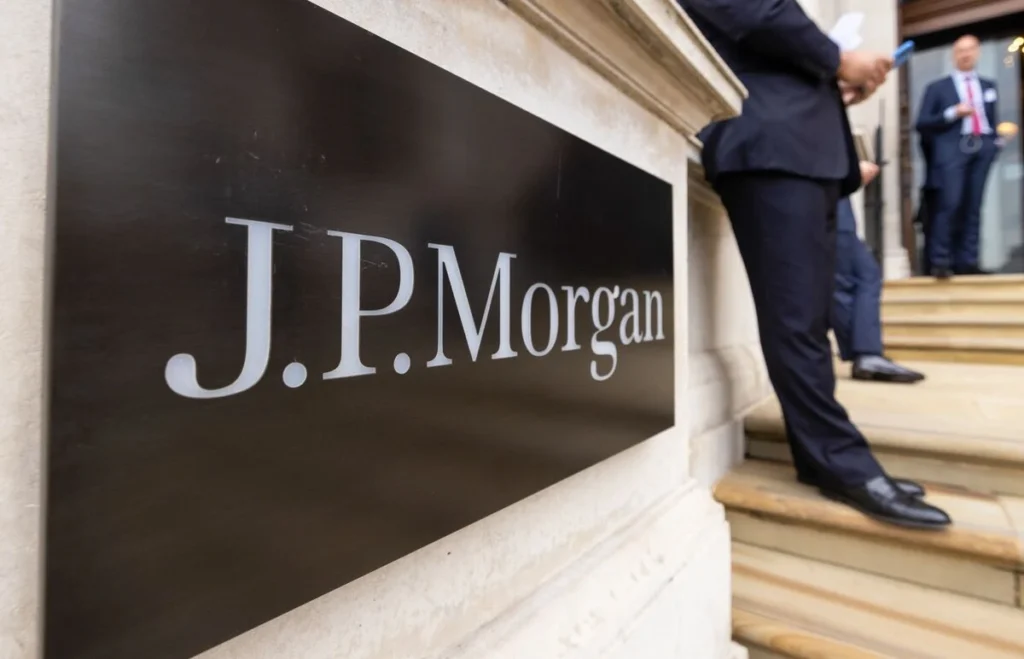



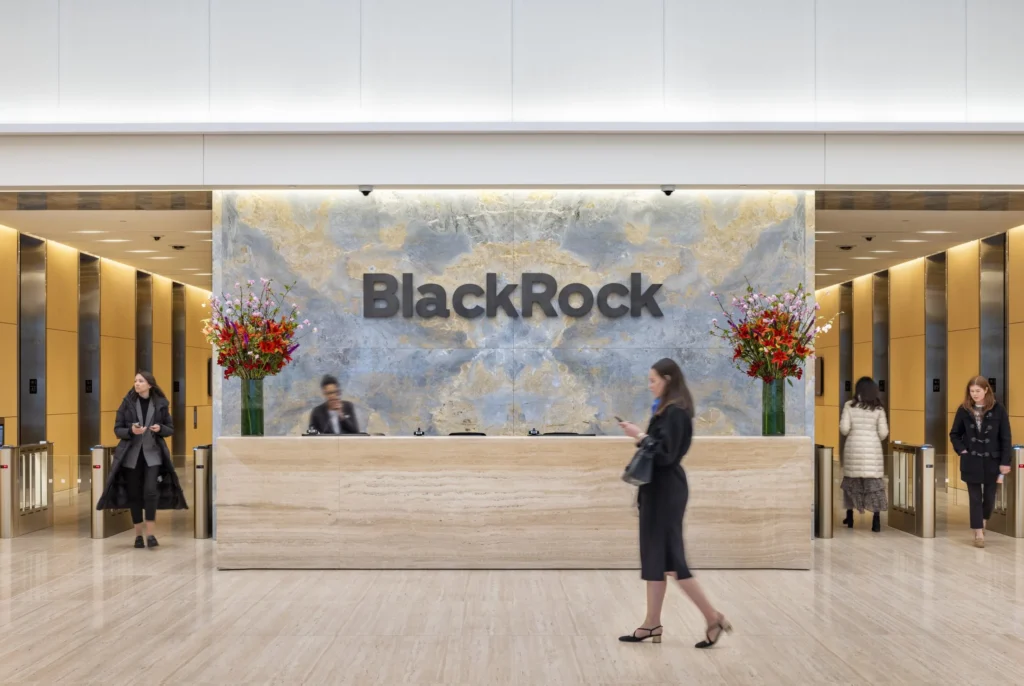




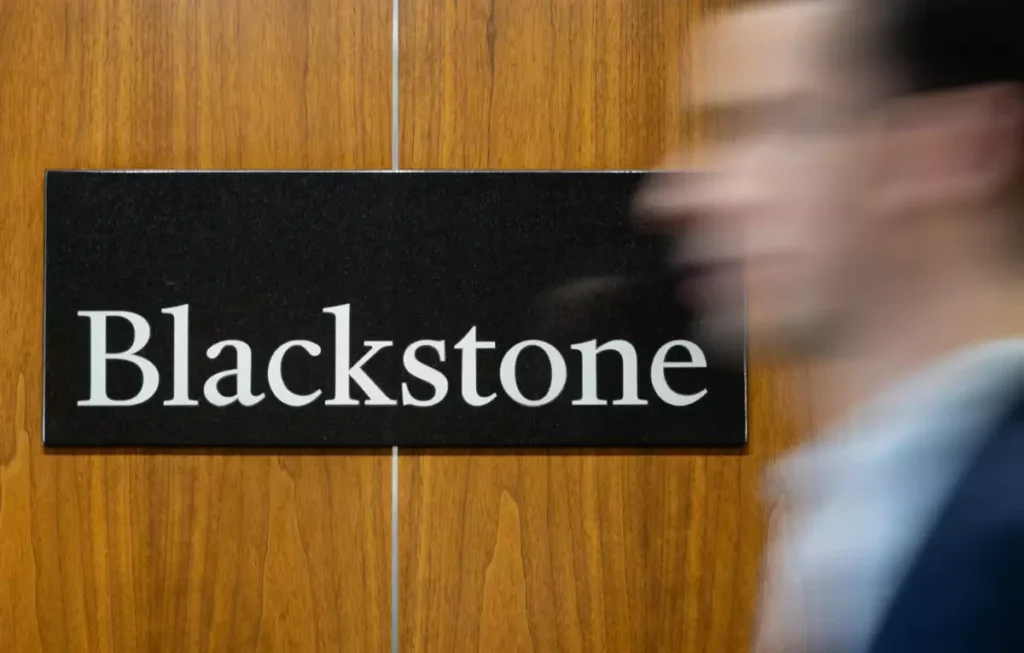









Continue with Facebook Continue with Google